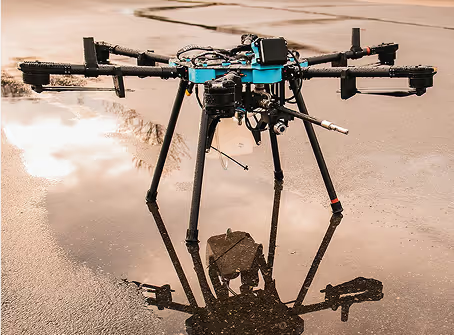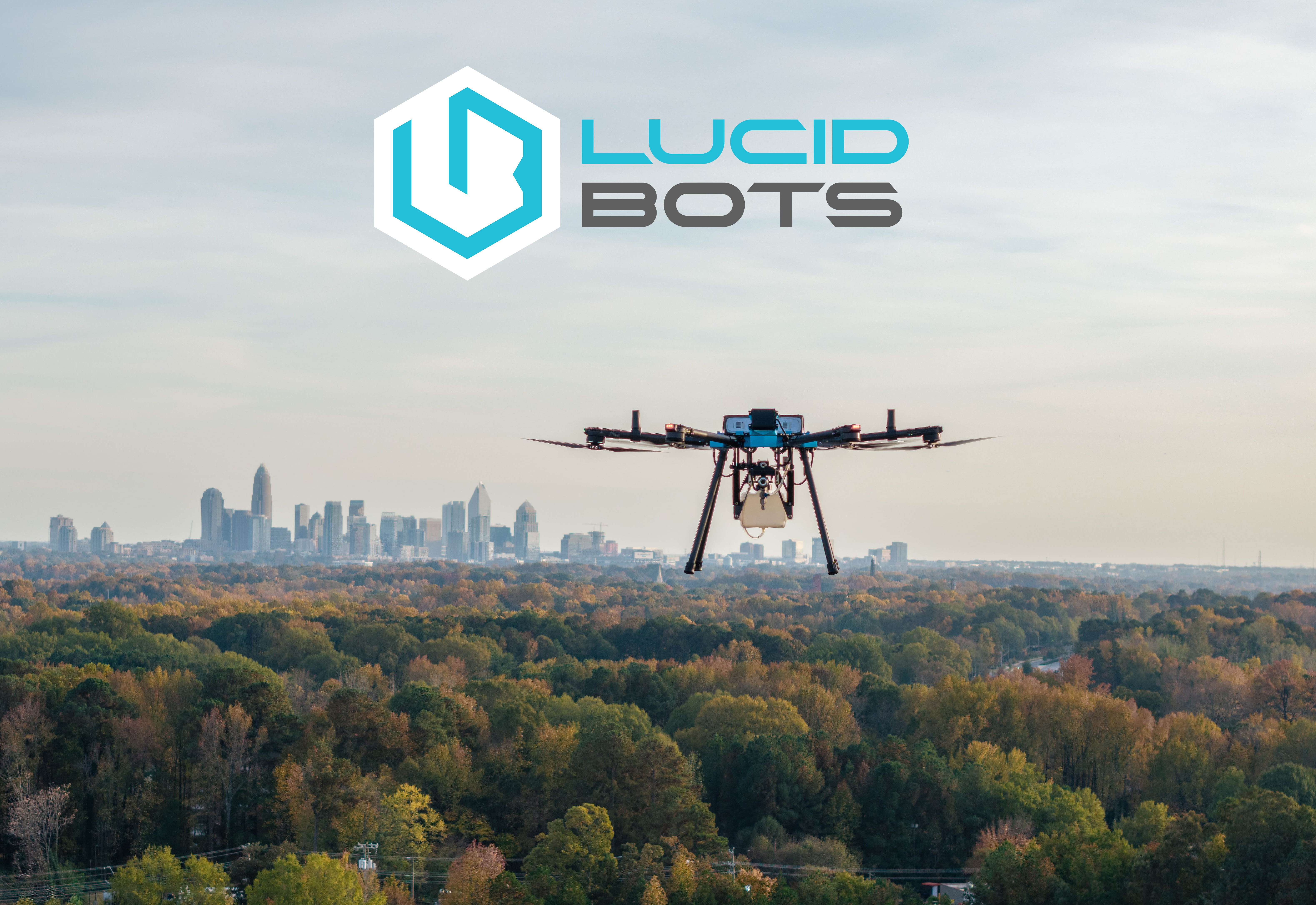
Top 5 Benefits of Using Drones for Window Cleaning in Facility Management
Discover the top 5 benefits of using drones for window cleaning in facility management! From enhanced safety and cost savings to improved efficiency and minimized disruptions, drones are transforming building maintenance. Learn how this innovative solution can elevate your facility's operations, maximize ROI, and set new standards in cleaning quality and operational excellence.
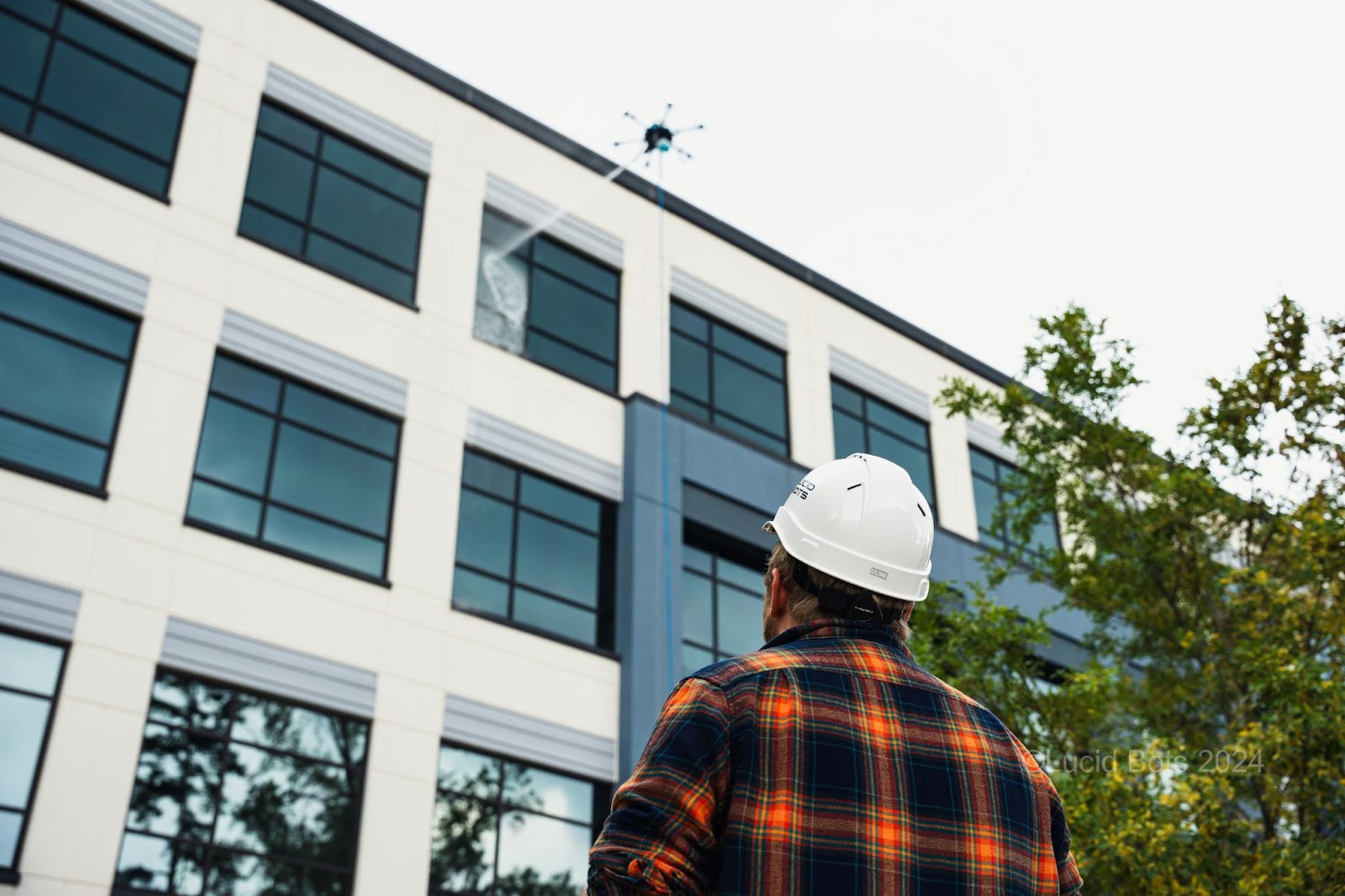
In the fast-evolving landscape of facility management, innovations that maximize safety, efficiency, and return on investment (ROI) are invaluable. One of the most groundbreaking advancements in this space is the adoption of drones for window cleaning. Facility managers are discovering that these high-tech solutions not only streamline operations but also bring a range of other significant benefits to their portfolios. Below, I outline the top five benefits of using drones for window cleaning and why they’re an essential tool in modern facility management.
1. Enhanced Safety
Safety is a top priority for any facility manager. Traditionally, window cleaning requires personnel to work at significant heights, often exposing them to hazardous conditions. Window-cleaning drones eliminate the need for human cleaners to be hoisted on scaffolding or work from elevated platforms. By reducing the amount of high-altitude work, drones help to lower the risk of falls and accidents dramatically, leading to safer work environments and fewer liability concerns for management teams.
2. Cost Savings and Faster ROI
Drones offer a compelling return on investment by reducing the frequency of labor-intensive tasks and lowering the associated costs. Where traditional methods might require multiple crew members, extended cleaning times, and rental costs for lift equipment, drones provide an all-in-one, lower-cost solution. Facility managers report seeing an accelerated ROI as drones help cut labor, equipment, and insurance expenses, allowing for faster, more frequent cleanings without significantly impacting the budget. In many cases, drones pay for themselves within months, thanks to the reduction in ongoing costs.
3. Efficiency and Time Savings
Drones can accomplish tasks in a fraction of the time that traditional window-cleaning methods require. Using advanced technology, drones are equipped to clean buildings of various shapes and heights, completing the task efficiently and thoroughly. This time-saving benefit enables facility managers to deploy cleaning schedules more frequently, improving the appearance and cleanliness of buildings without disrupting normal operations. Facility teams can focus on other maintenance tasks, maximizing operational productivity across the board.
4. Consistent, High-Quality Cleaning
Drones are designed to provide consistent and controlled cleaning, which can be challenging to achieve with traditional methods. The latest drone models are engineered to deliver uniform pressure and coverage, ensuring each window is cleaned to the same standard, floor after floor. This consistency helps maintain a polished look across all buildings, enhancing curb appeal and tenant satisfaction. Additionally, drones can reach areas that are often hard to clean manually, offering a more comprehensive solution for complex structures.
5. Minimized Disruptions to Building Operations
One of the biggest challenges with traditional window cleaning is its impact on daily operations. Scaffolding and lifts can obstruct entrances, reduce parking access, and cause noise that disrupts tenants, employees, or visitors. Drones, however, offer a less intrusive alternative. This low-impact approach is ideal for high-traffic buildings—such as offices, hotels, and healthcare facilities—where maintaining a seamless, professional atmosphere is crucial.
In Summary
Integrating window-cleaning drones into facility management strategies is a forward-thinking approach that benefits organizations in numerous ways. From ensuring safety and minimizing costs to achieving consistent cleaning quality and supporting eco-friendly initiatives, drones are becoming an invaluable asset in modern property management. As facility managers continue to seek cost-effective, innovative solutions, window-cleaning drones offer an efficient, scalable answer that sets new standards in safety and operational excellence.
Are you ready to elevate your facility’s management capabilities with drones? The potential for ROI, improved safety, and operational efficiency makes window-cleaning drones a sound investment for facility managers looking to optimize their building maintenance strategies.
Contributor: Maritza Berger, Senior Manager of Strategic Partnerships (mberger@lucidbots.com)
Related Articles
Lucid Bots Podcast
How Ryan Godwin is Transforming Exterior Cleaning with the Sherpa Drone
Dive into the future of exterior cleaning with Ryan Godwin, the visionary behind Lucid Bots. Discover how Ryan is leveraging cutting-edge robotics to revolutionize cleaning for buildings and outdoor surfaces—boosting efficiency, safety, and sustainability.
Maximize Efficiency with Autonomous Surface Cleaning
Boost your productivity, reduce operational costs, and overcome labor challenges with the Lavo Bot 2. As the only autonomous pressure washing robot, the Lavo Bot 2 delivers unmatched efficiency and precision, allowing you to accomplish more with fewer resources.

.svg)
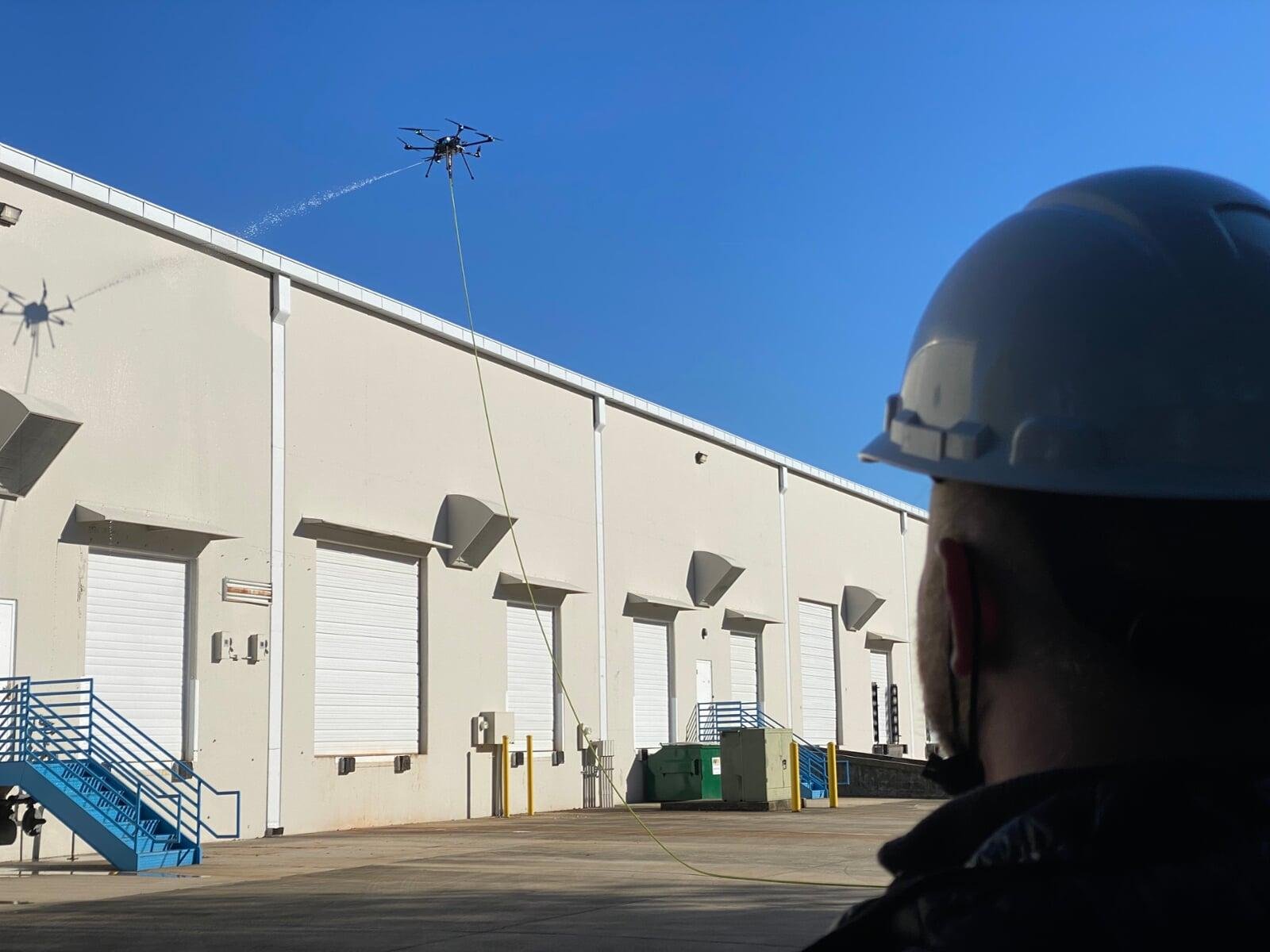
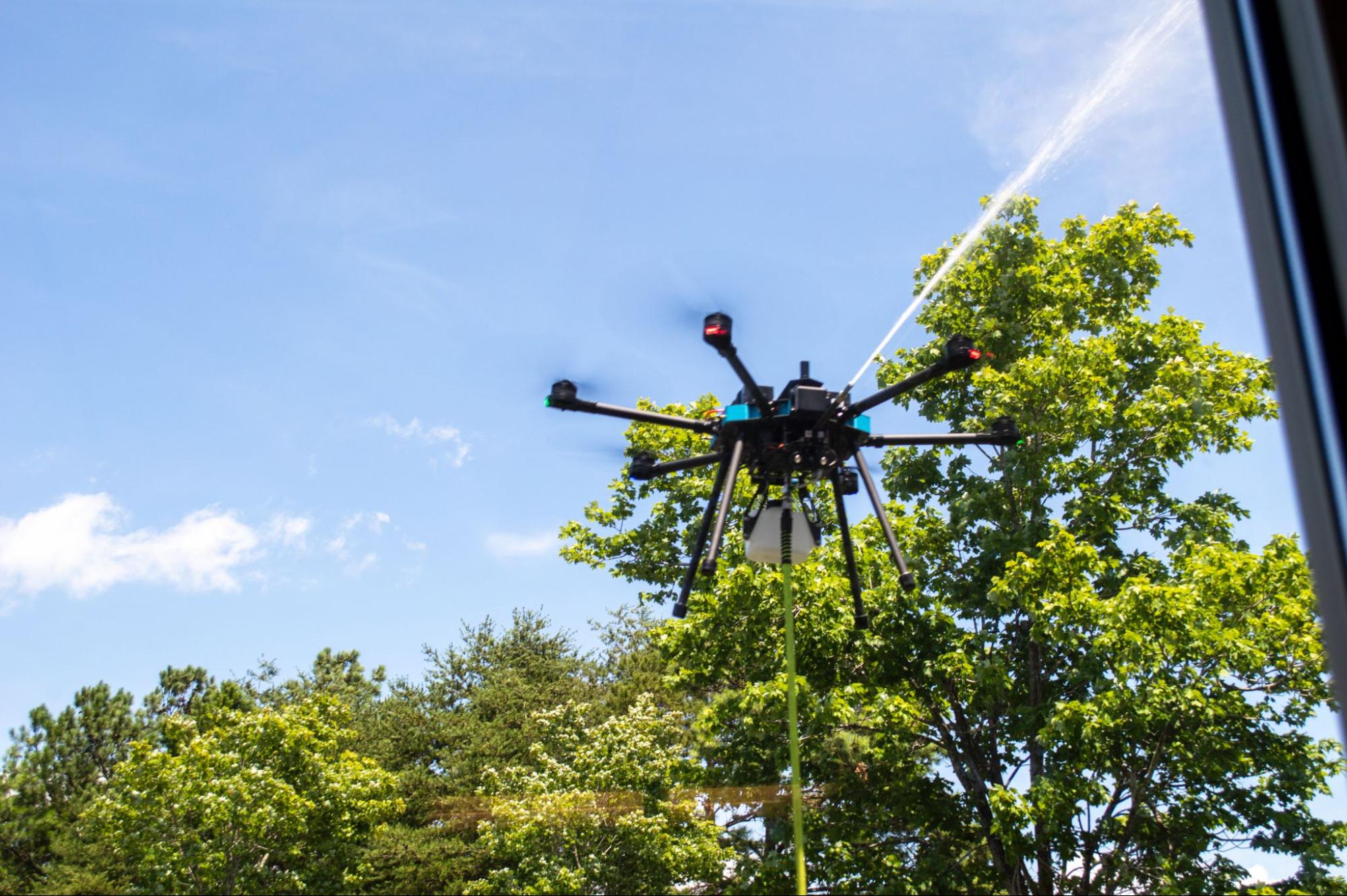
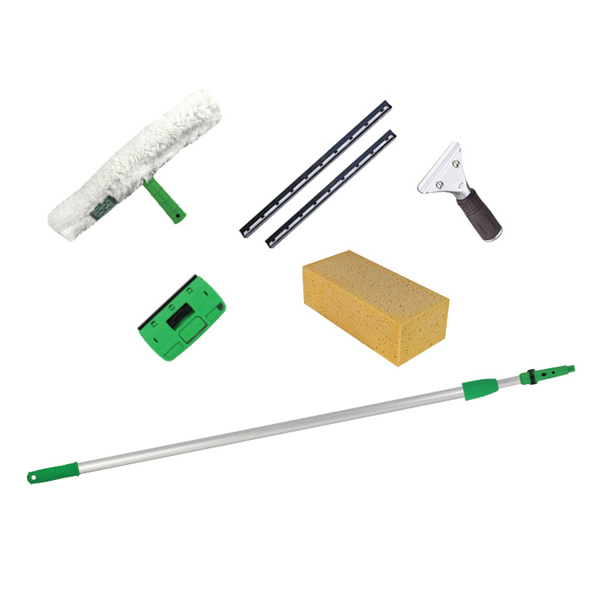
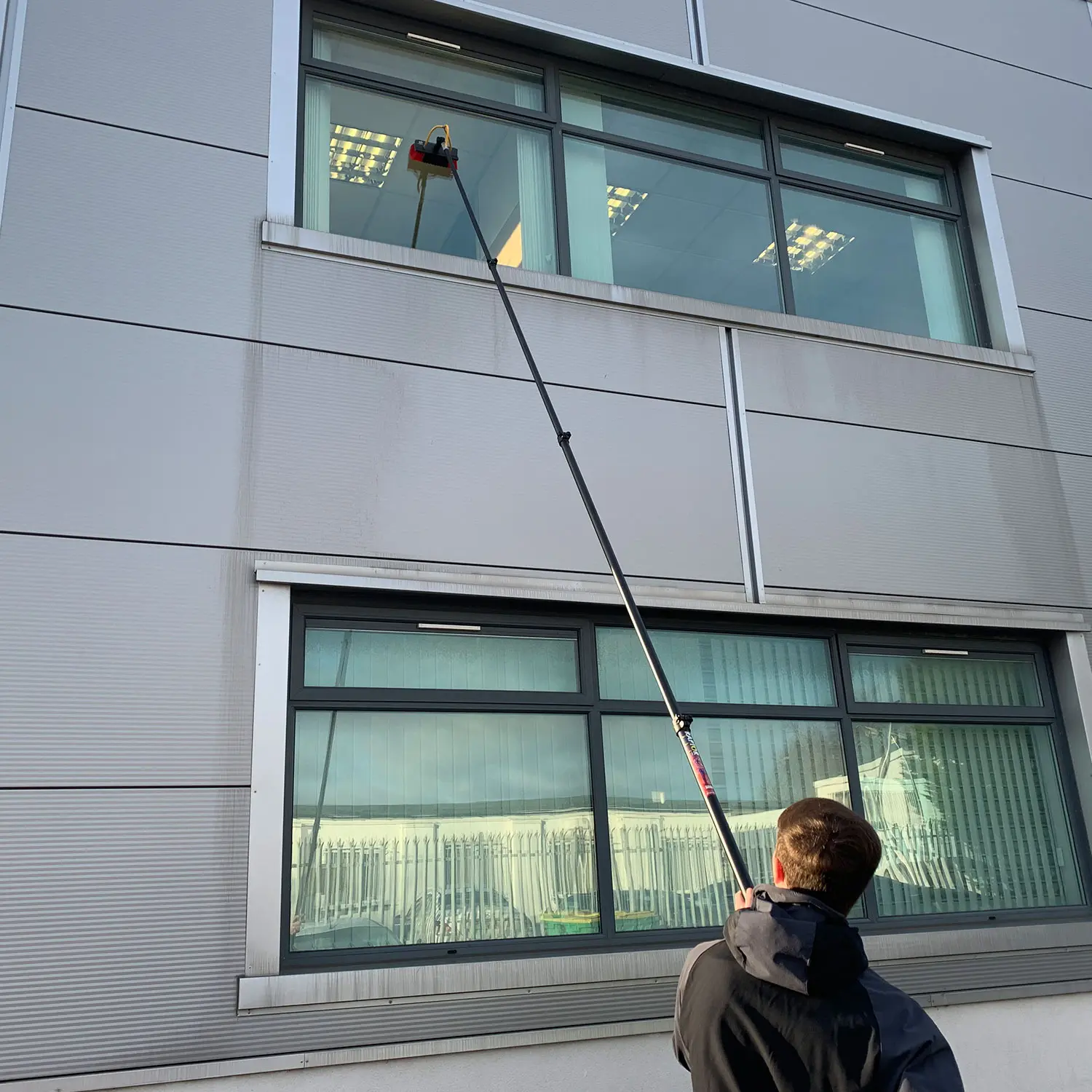


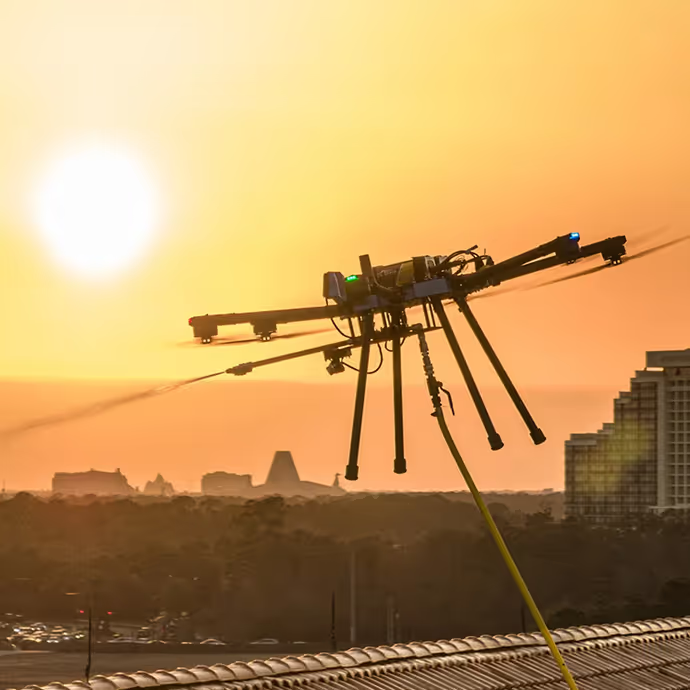
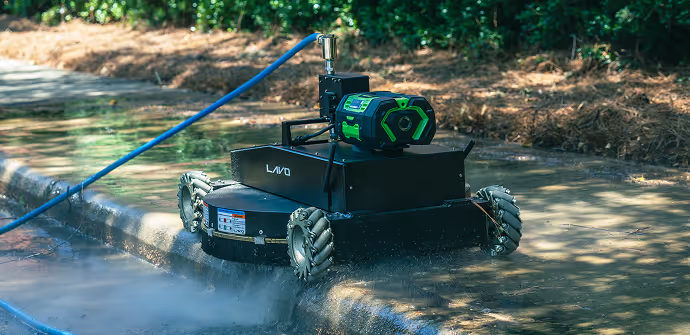
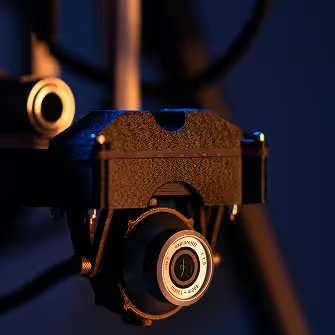

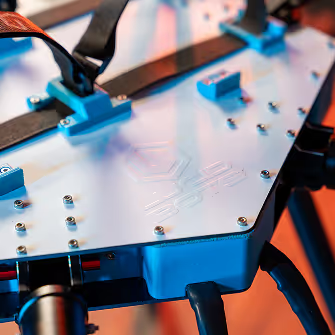
.avif)
.avif)
